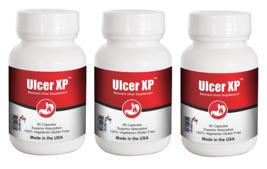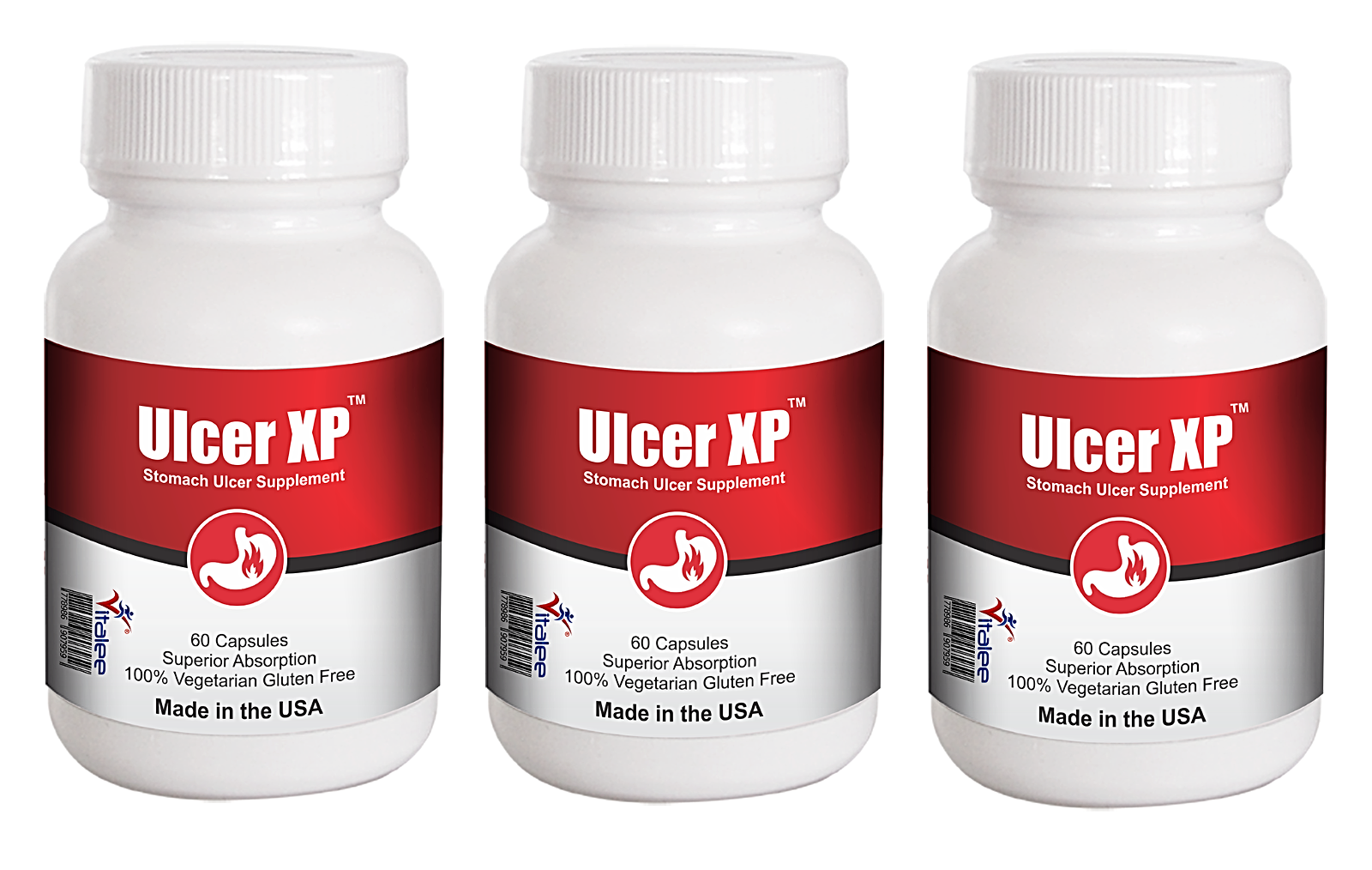Wellness at its best
Item details
About this item
Stomach Ulcer:
The lining of the stomach is usually protected from the damaging effects of stomach acid. ulcers can recur and become a chronic problem or can lead to a number of serious complications including bleeding, it is important to treat ulcers. When that protection fails, an ulcer forms. There are a few different ways this may happen.
1. Non-steroidal drugs (NSAIDs) -- Long-term use of these pain relievers may be the second most common cause of ulcers. These drugs block prostaglandins, substances in the stomach that help maintain blood flow and protect the area from injury. Some people are more susceptible to this side effect of NSAIDs than others. These drugs may include ibuprofen, Advil, Motrin, and Aleve.
2. Helicobacter pylori (H. pylori) -- H. pylori, a type of bacteria, may be responsible for most ulcers. This organism weakens the protective coating of the stomach and first part of the intestine and allows damaging digestive juices to eat away at the sensitive lining below. As many as 20% of Americans over age 40 may have H. pylori living in their digestive tract, but most may not develop stomach ulcers.
3. Stress
- Avoid eating: Garlic, onions, sauerkraut and other pickled vegetables, tomatoes, hot chilis and green or red peppers.
- Balance your daily protein intake with an equal amount of carbohydrates
- Women should watch out for an irregular period cycle
- Eat foods low on the glycemic index and glycemic load
- Eat a diet high in fiber
- Eat 5 small meals a day
- Eat essential fatty acids daily
- Exercise for 30 minutes
- Eat Organic.
- Reduce or Quit Coffee
 Vitalee Ulcer XP -Stomach Ulcer Helper (60ct) added to cart.
Vitalee Ulcer XP -Stomach Ulcer Helper (60ct) added to cart.
 Please wait while we finish adding this item to your cart.
Please wait while we finish adding this item to your cart.



